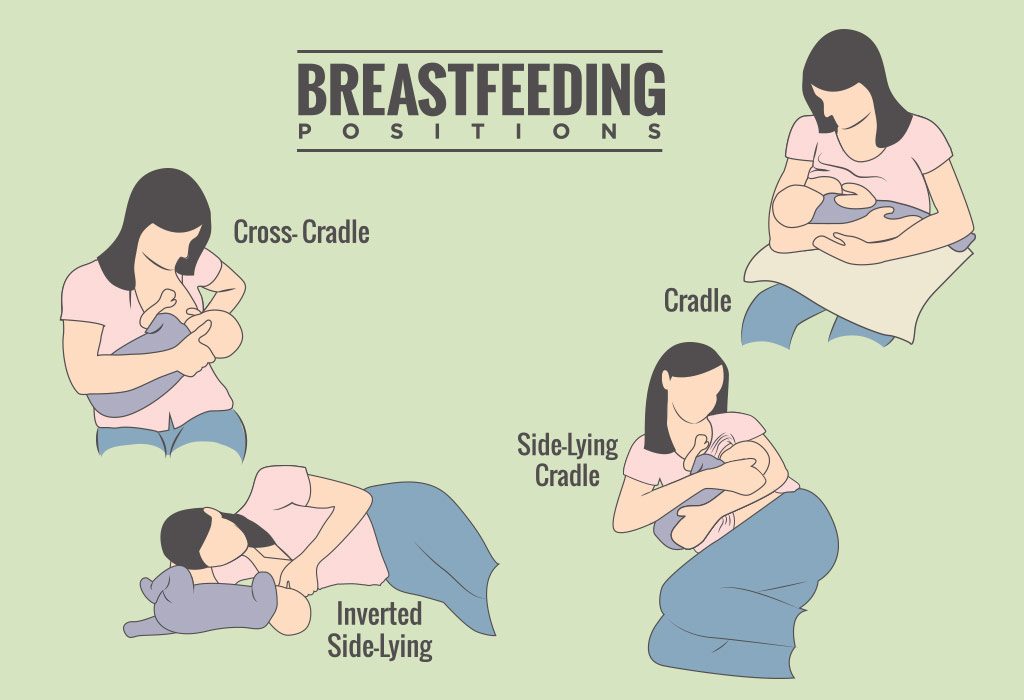Listening to Your Baby’s Heartbeat during Pregnancy: A Heartwarming Connection
Pregnancy is a miraculous journey filled with awe-inspiring moments, and one of the most significant milestones for expectant parents is the first time they hear their baby’s heartbeat. That rhythmic thump-thump not only reassures parents of their baby’s well-being but also creates an intimate connection between them and the life growing within. In this guide, we’ll explore the significance of listening to your baby’s heartbeat during pregnancy, the methods employed for this heartwarming experience, and the emotions that accompany this unique journey.
1. The Early Stages:
The first inklings of your baby’s heartbeat can often be heard during a prenatal ultrasound, typically around the 6th to 8th week of pregnancy. At this early stage, the sound resembles a rapid flutter, almost like the delicate wings of a butterfly. While it might be too early to distinguish the beats individually, the presence of this rhythm marks a crucial moment in the development of your baby.
2. Doppler Magic:
As technology has advanced, so too has the ability to listen to your baby’s heartbeat with greater clarity. Doppler ultrasound devices, commonly used during prenatal check-ups, allow parents to tune in to the rhythmic thumping of their baby’s heart. The Doppler works by emitting sound waves that bounce off moving objects, in this case, the moving blood cells in the baby’s heart. The returning sound waves are then translated into the familiar sound of a heartbeat.
3. The Significance of the Heartbeat:
Beyond the joy of hearing your baby’s heartbeat, it serves as a vital sign of your baby’s health. A strong and steady heartbeat is generally indicative of a well-developing and thriving baby. During routine prenatal check-ups, healthcare providers carefully monitor the baby’s heartbeat as part of the comprehensive assessment of the pregnancy.
4. Emotional Impact:
Listening to your baby’s heartbeat for the first time is an emotional experience that can evoke a range of feelings. For many parents, it’s a moment of profound joy and relief, knowing that their baby is alive and growing. It transforms the abstract concept of pregnancy into a tangible reality, making the impending arrival of a little one feel more concrete.
5. Bonding Through Sound:
The act of listening to the baby’s heartbeat becomes a powerful tool for bonding. For both parents, it’s a shared experience that fosters a deeper connection with the growing life within the womb. Partners, in particular, find solace and joy in being able to participate actively in the pregnancy journey through the auditory connection with their unborn child.
6. At-Home Listening:
In addition to the healthcare setting, some parents choose to bring the magic of their baby’s heartbeat into the comfort of their homes. Home Doppler devices, available for purchase, enable parents to listen to the baby’s heartbeat at their convenience. However, it’s essential to use these devices cautiously and under the guidance of healthcare professionals to ensure proper usage and interpretation of the sounds.
7. The Rhythm of Development:
As the pregnancy progresses, so does the rhythmic cadence of the baby’s heartbeat. The heart rate is fastest during the early weeks, often reaching around 170-200 beats per minute. Over time, it gradually slows down to a more steady pace, usually ranging from 120-160 beats per minute in the later stages of pregnancy. These changes in rhythm mirror the intricate development of the baby’s cardiovascular system.
8. Gender Guessing:
An age-old tale suggests that the baby’s heart rate can predict their gender. According to this myth, a higher heart rate indicates a girl, while a lower heart rate suggests a boy. While this notion is not scientifically proven, it adds a touch of fun and speculation to the pregnancy journey. However, it’s crucial to remember that the baby’s heart rate is influenced by various factors, and gender determination is best left to more reliable methods like ultrasound.
9. Anticipation and Anxiety:
While listening to the baby’s heartbeat is generally a joyous occasion, it can also bring a mix of anticipation and anxiety. The emotional rollercoaster of pregnancy, combined with the natural concerns for the baby’s health, can make each heartbeat a moment of both celebration and cautious hope. It’s a reminder of the delicate balance between the marvels of life and the uncertainties that come with it.
10. Recording the Beat:
In the age of technology, many parents seize the opportunity to record the mesmerizing sound of their baby’s heartbeat. Whether through smartphone apps, dedicated recording devices, or ultrasound sessions that offer keepsake heartbeat recordings, these mementos become cherished tokens of the pregnancy journey. They serve as auditory time capsules, capturing the essence of a moment that will forever be associated with the anticipation and love that precede the arrival of a child.
Conclusion:
Listening to your baby’s heartbeat during pregnancy is a poignant and heartwarming experience that encapsulates the essence of this transformative journey. It goes beyond the clinical aspect of monitoring health; it’s a deeply emotional connection that solidifies the bond between parents and their unborn child. Each thump-thump is a reminder of the miracle of life unfolding within, a rhythm that echoes the profound beauty of the journey toward parenthood. As you listen to that little heartbeat, take a moment to savor the magic, appreciate the significance, and let the joyous melody of life fill your heart.













